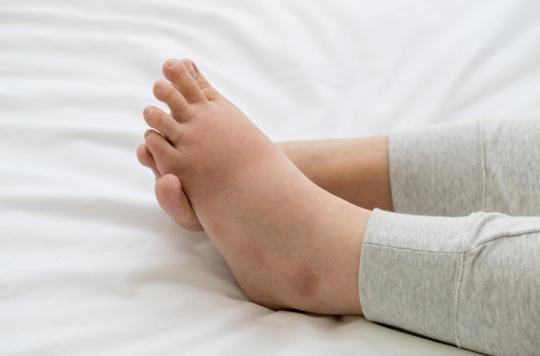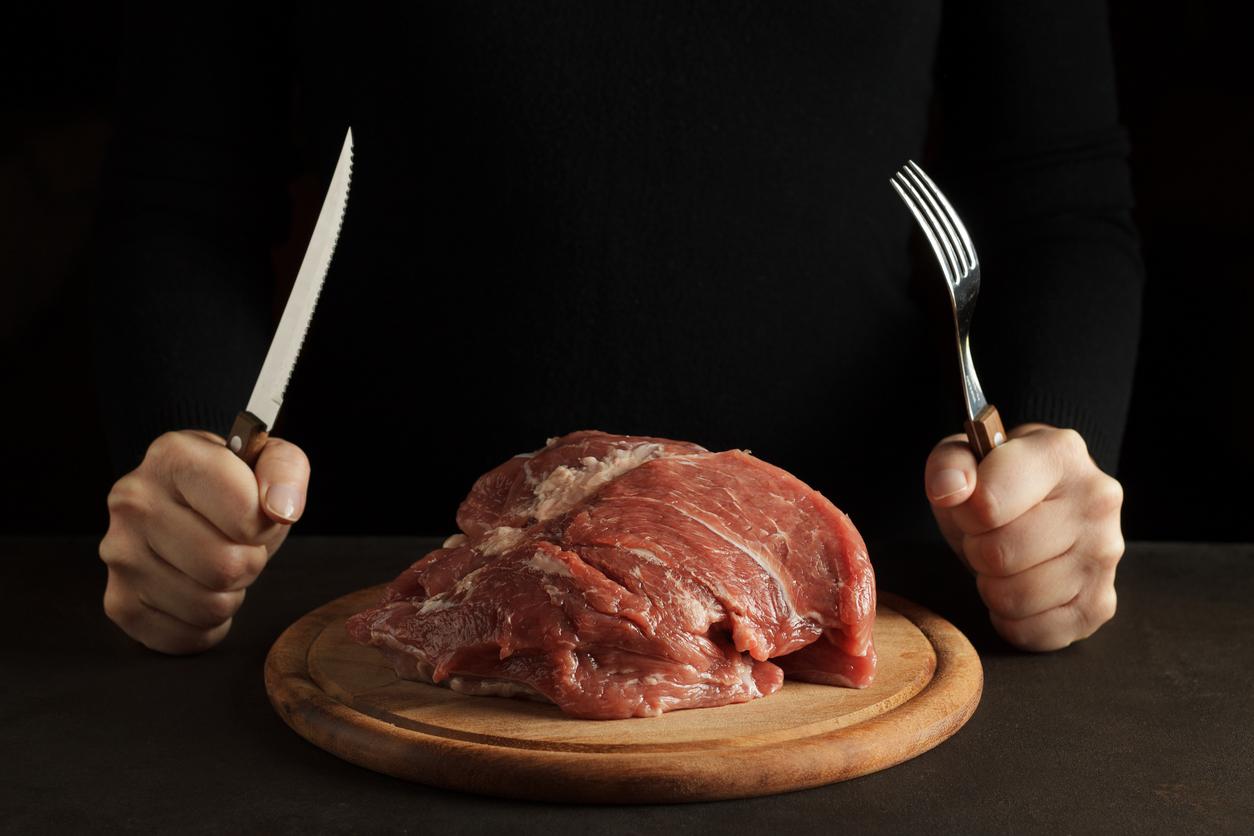In the last episode of Koh-Lanta, Jean-Philippe Massy learned that he would not return to the game for medical reasons. The adventurer suffered from beriberi disease. But what is it? Explanations.

- The foods richest in B1 vitamins are dry yeast, whole grains, meat (mainly pork and liver), fortified cereals, nuts, legumes and potatoes.
- Diagnosis of beriberi disease is based on clinical examination and favorable response to thiamine supplements.
An unexpected and hasty departure. In the Koh-Lanta episode, broadcast on April 5 on TF1, Denis Brogniart announced to Jean-Philippe Massy, candidate from Dieppe, that he was going to have to stop the adventure following a medical decision. The show’s host explained to his teammates that the 30-year-old had to give up the game as a precaution. In the previous episode, the adventurer had gone to the infirmary because his feet had swollen abnormally. From a clinical examination, the doctors found that Jean-Philippe Massy had beriberi disease.
This pathology, from which the candidate of Koh-Lanta suffered, is a deficiency in vitamin thiamine or vitamin B1. As a reminder, the latter is necessary for the metabolism of carbohydrates (to produce energy), proteins and lipids and for nervous and cardiac functions. “Vitamin B1 circulates in white blood cells, red blood cells and platelets. It diffuses into the highest consuming organs, the heart, liver, brain, and kidneys”noted the Francophone Society of Clinical Nutrition and Metabolism (SFNCM).
What are the causes of beriberi disease?
This vitamin B1 deficiency can be caused by a diet mainly composed of highly processed carbohydrates, such as white rice, white flour or white sugar. “People who consume large amounts of alcohol often substitute alcohol for food and therefore do not consume enough thiamine and are at high risk of developing this deficiency,” can we read on the MSD Manual sitea medical information portal.
Beriberi disease can also occur due to conditions that increase the body’s need for thiamine (hyperthyroidism, pregnancy, breastfeeding, disorders that interfere with the metabolism of the vitamin (liver disorders) or those that prevent the absorption of thiamin (prolonged diarrhea).
How does this vitamin B1 deficiency manifest itself?
According to the MSD Manual, beriberi disease results in fatigue, irritability, poor memory, loss of appetite, sleep disturbances, abdominal discomfort, and weight loss. A significant vitamin B1 deficiency can also lead to nerve, heart and brain damage.
In the case of “dry beriberi”, the patient may suffer from stinging sensation in the extremities, burning of the feet, cramps and pain in the legs. People with “wet beriberi” have their heart beat faster and their skin become warm and moist, due to dilated blood vessels. An accumulation of fluid in the legs, in the form of edema, and in the lungs can also be observed.
What are the possible treatments ?
“All forms of thiamine deficiency are treated with thiamine supplementation. This is usually given by mouth. It can be given intravenously if symptoms are severe. As thiamine deficiency is often accompanied by ‘other B vitamin deficiencies, multivitamins are usually given for several weeks’, explains the MSD Manual. Patients with vitamin B1 deficiency are encouraged to stop drinking alcohol, adopt a healthy diet and consume one to two times the recommended daily vitamin intake.
.
















